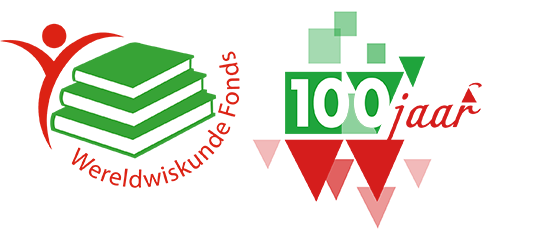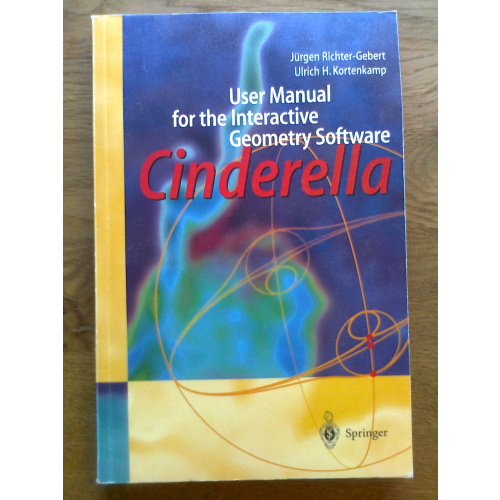User Manual for the Interactive Geometry Software
User Manual for the Interactive Geometry SoftwareJürgen Richter-Gebert, Ulrich H. KortenkampCinderella is a unique, technically very sophisticated teachware for geometry. It will be used as a tool by students learning Euclidean, projective, spherical and hyperbolic geometry, as well as in geometric research by scientists. Moreover, it can also serve as an authors' tool to design web pages with interactive constructions or even complete geometry exercises. CD-Rom included.
1. Preface
2. Introdu...
€2,00
Microcomputers in numerical analysis (Ellis Horwood series in mathematics and its applications)
Microcomputers in numerical analysis (Ellis Horwood series in mathematics and its applications)Lindfield, G.R.ters in numerical analysis (Ellis Horwood series in mathematics and its applications)Lindfield, G.R.
€4,00
Computer Networks & Internets
Computer Networks & InternetsComer, Douglas E., Droms, Ralph E.etworks & InternetsComer, Douglas E., Droms, Ralph E.
€8,00
Data and Computer Communications
Data and Computer CommunicationsStallings, Williamomputer CommunicationsStallings, William
€8,00
Data & Computer Communications (6th Edition)
Data & Computer Communications (6th Edition)Stallings, Williamputer Communications (6th Edition)Stallings, William
€10,00





